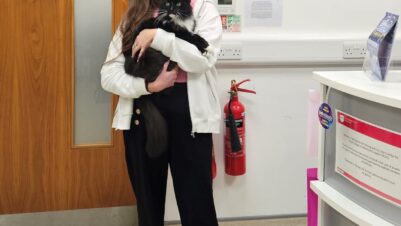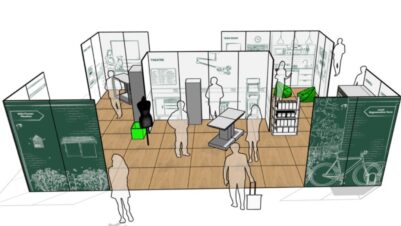The One Health Cardiology Research Group at the University of Surrey, led by Dr Kamalan Jeevaratnam, has been awarded a grant of £180,000 from the Hong Kong Jockey Club Welfare Research Foundation to find new ways to improve the welfare of racehorses.
The Hong Kong Jockey Club Welfare Research Foundation supports research into issues impacting the health and welfare of thoroughbred racehorses throughout their racing careers and into retirement.
The grant awarded to Dr Rebecca Lewis, Lecturer in Physiology and Dr Kamalan Jeevaratnam based at the Department of Veterinary Preclinical Sciences will be used to map out the entire equine cardiac ion channelome (collection of proteins that govern all electrical activity of the heart) in healthy and diseased horses using multi-omics and molecular pathology approaches.
Analysing the cardiac ion channelome will lead to valuable knowledge that will help reveal the mechanism of sudden cardiac death in both equine and human athletes.
Both horses and human athletes can suffer from conditions such as atrial fibrillation and complex ventricular rhythms that may or may not be a consequence of high intensity exercise-induced cardiac alterations. Such changes can often predispose individuals to sudden cardiac death.
Dissecting the molecular pathogenesis of how ion channels are altered will help identify potential molecular and anatomical targets for intervention, either using drugs or device-based therapies.
The study is a collaboration between clinicians and scientists in Singapore, Hong Kong, Malaysia, the United Kingdom and the United States.
Professor Paul Townsend, pro-vice-chancellor and executive dean of the Faculty of Health and Medical Sciences at the University of Surrey, said: “We are pleased to have secured this grant which recognises the excellent One Health, One Medicine work the faculty does specifically in non-communicable disease research. It also showcases the wide international collaborative networks we have nurtured over the years that has resulted in some great ideas in non-communicable disease research.”






